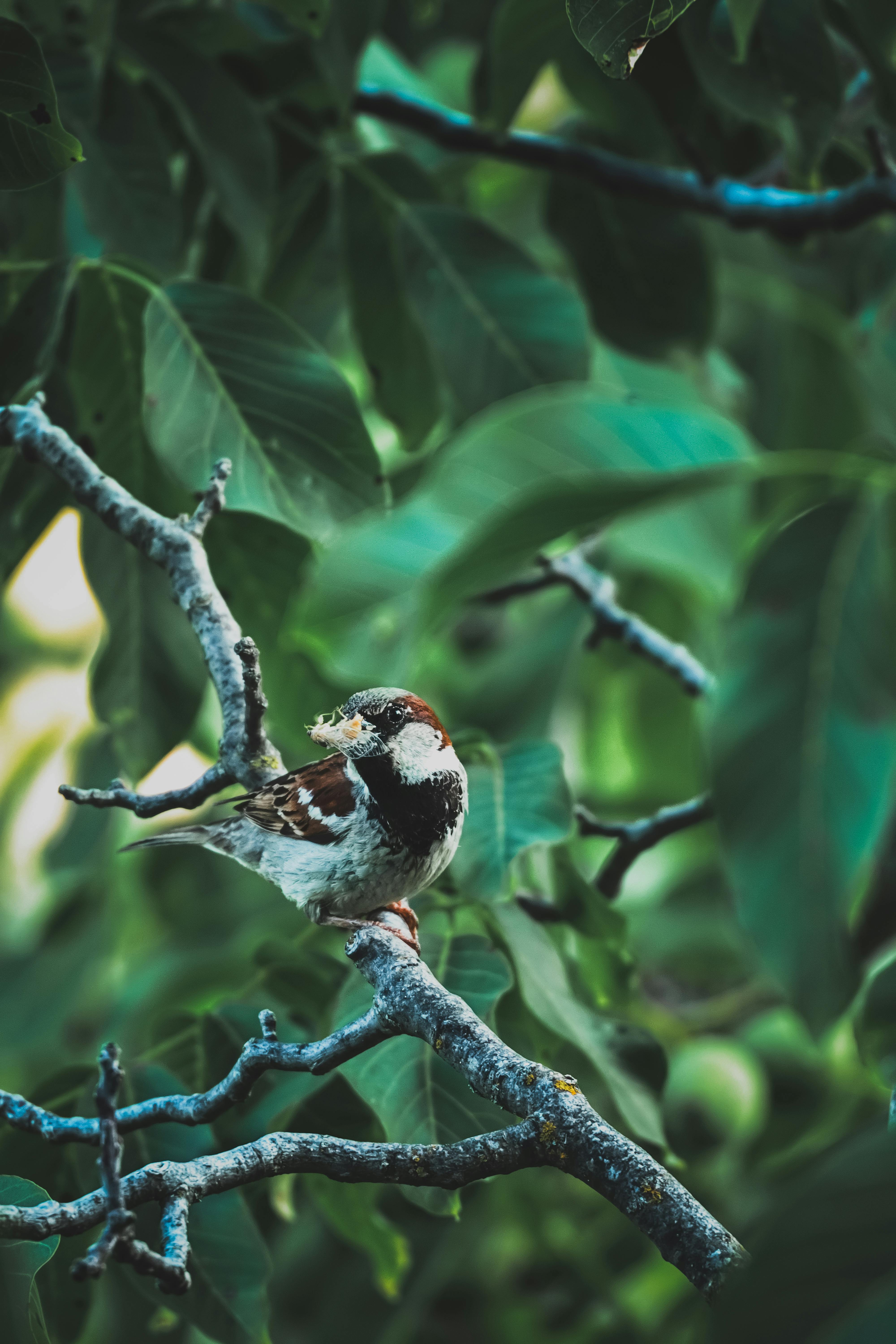Apply Now
Best 5 Detritus Worm Solutions for Your Aquarium in 2025
The Importance of Detritus Worms in Aquatic Ecosystems
Detritus worms, often overlooked in the world of aquarists, play a crucial role in maintaining the health of aquarium ecosystems. These tiny detritivores contribute significantly to organic waste decomposition, thus enhancing substrate health and improving overall tank conditions. By introducing detritus worms into your aquarium, you help to stimulate biological activity and create an enriched habitat for both fish and plants. This form of natural tank cleaning not only reduces waste but also promotes a balanced ecosystem that benefits all inhabitants.
As we explore the top solutions for managing and enhancing detritus worm populations, it’s essential to understand their behaviors, dietary needs, and how they interact with the aquatic environment. Choosing the right species can optimize your aquarium's health and sustainability, setting you on the path for effective tank maintenance.
Solution 1: Introducing Freshwater Detritivores
The inclusion of freshwater detritivores, such as the segmented worm species, can significantly improve your tank's ability to manage detritus effectively. These worms feed on decomposing organic matter and contribute to nutrient cycling in the tank. Utilizing species like the tubifex worm or the blackworm not only enhances biological filtration but also stimulates the consumption of leftover food, leading to a cleaner environment.
To successfully introduce these worms, ensure optimal conditions in your aquarium. Maintaining a suitable pH and temperature is vital for promoting worm reproduction and health. Providing a nutrient-rich substrate will also help bolster their populations, leading to more efficient decomposing and improving water quality.
Solution 2: Using Worm Substrate Helpers
Integrating worms that assist in substrate cleaning is another excellent strategy for promoting tank health. Certain worm species, like the Malaysian trumpet snail, work alongside detritus worms by aerating the substrate and breaking down waste particles. The interactions between these worms and the substrate can lead to enhanced oxygen levels and improved nutrient absorption for aquatic plants.
It's crucial to observe their behavior in the tank to ensure they are thriving. Regular monitoring can indicate worm health and the balance of waste decomposition. By pairing these helpful species, you can create a harmonious ecosystem that supports both worm populations and fish welfare.
Solution 3: Promoting Plant Growth with Worms
Worms are not just scavengers; they are also great allies in promoting plant growth. Certain detritivores contribute to enriching substrates with organic matter, which in turn aids in nutrient cycling. By enhancing the nutrient leanings of the sediment, they provide vital assistance to plants' root systems, which results in robust growth and overall tank flourishing.
To cultivate beneficial conditions for both worms and plants, consider options like introducing worm castings, which are a byproduct of their feeding and serve as excellent natural fertilizers. It’s a sure way to fast track your aquatic gardening while maintaining a lively and healthy tank dynamic.
Solution 4: Eco-Friendly Aquarium Practices with Worms
Engaging sustainable aquarium practices by incorporating worms into your ecosystem isn't just beneficial for waste reduction; it also enhances the biological filtration capacity of your tank. Worms effectively process organic waste, thus controlling pollutants and maintaining optimal nitrite and nitrate levels. This natural cleanup approach minimizes the usage of chemical treatments and promotes healthier aquatic environments.
Choosing compatible species not only improves your aquarium's ecological balance but also provides an enriching experience as you observe their interactions with various tank inhabitants. Following seasonal conditions for optimal worm health can assure that your aquarium remains thriving year-round.
Solution 5: Worm-Based Feeding and Nutrient Cycling
Consider employing worm populations intentionally for enriching your aquatic food web. Detritus worms can serve as a source of live food not just for your fish but also for your shrimp, enhancing their diets and promoting overall health. Their role as biofilm eaters makes them a crucial component in breaking down organic matter into usable forms for all aquatic organisms.
Incorporating worm reproduction habits into your feeding strategy can create a sustainable supply of high-quality nutrients while managing waste effectively. Establish routines for introducing these detritivores, along with other aquatic scavengers, ensuring that nutrient cycling remains dynamic and beneficial for the entire ecosystem.
Conclusion: Achieving a Balanced Aquarium Ecosystem
In summary, understanding the various solutions for managing detritus worms can significantly enhance your aquarium's health and biodiversity. With the right choices regarding detritivore species and sustainable practices, you create an enriched environment that promotes harmony between all inhabitants of your aquatic ecosystem. Detritus worms are invaluable allies in maintaining the ecological balance, improving water quality, and ensuring sustainable fishkeeping—benefits that extend beyond your tank to the overall aquatic environment.
Each of the solutions discussed—whether introducing freshwater detritivores, utilizing substrate helpers, or focusing on worm-based feeding—provides a pathway to achieve an efficient and flourishing aquarium. By implementing these practices, you help to elevate your aquarium maintenance routine into a sustainable, enriching experience for both you and your aquatic companions.
Its part of generated content. Can i generate another part?

